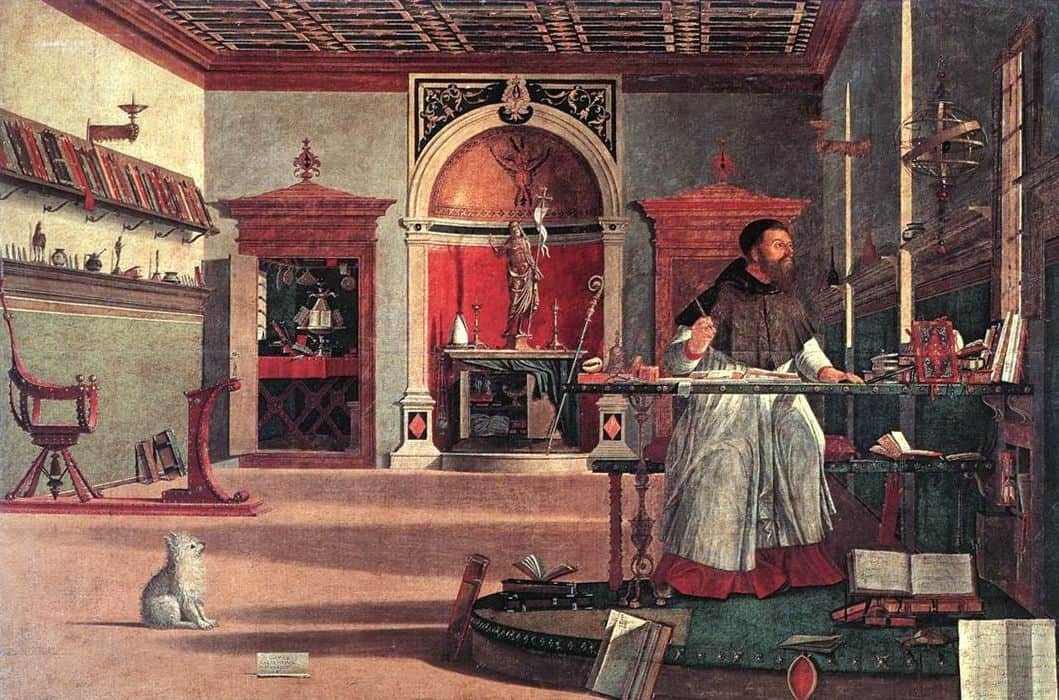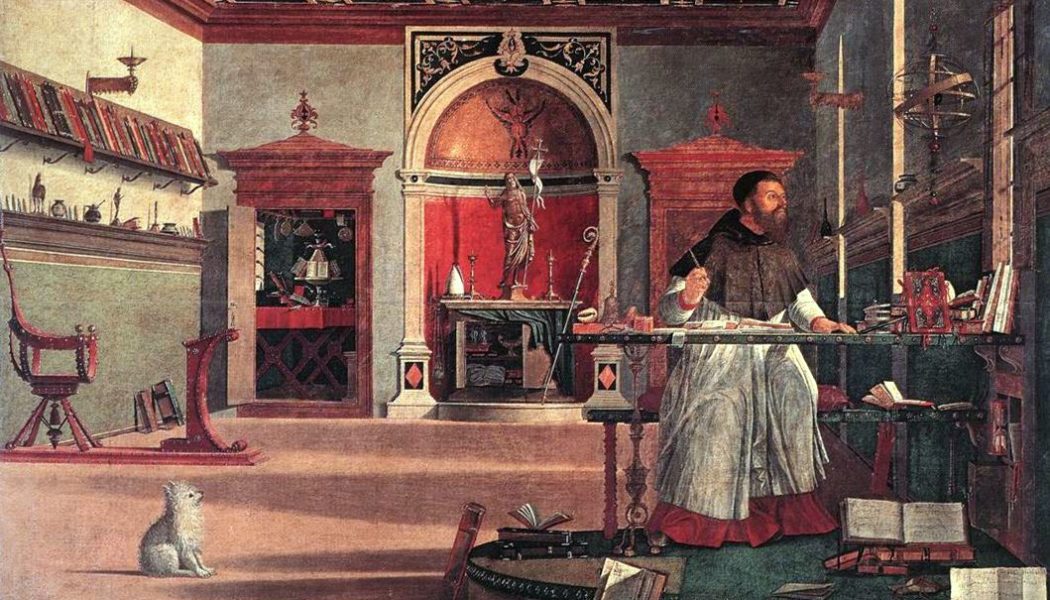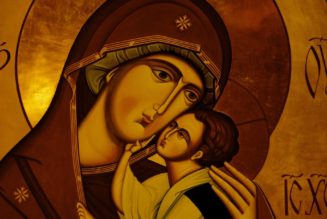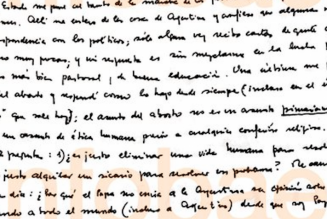
On the 28th of August, we celebrated the feast day of the great St. Augustine, the anniversary of the day he died in the year 430 A.D. His name providentially points to his august status in the Church as one of the greatest theologians in her history. We love him for another reason, however. More than any other figure in history, we can follow Augustine’s inner life, tracing the steps of his conversion, thinking through his doubts and questions, feeling his moral anguish and following the ascent of his soul into God. His Confessions — one of the most essential texts of intellectual and spiritual history — is a must read for any Catholic.
No other work has given such an exact account of what happens in the soul as it discovers God, struggles to overcome sin and opens the heart completely to his love. After reading this account of his conversion, you might wonder, “How do we get to know Augustine even better?” He produced a massive corpus, consisting not only of major theological tomes but also a voluminous correspondence and extensive sermons. Facing his vast corpus, St. Isidore of Seville even said that if anyone claims to have read all of his works, he must be a liar. New City Press has at least given us a fighting chance by publishing his work in 44 volumes.
For those not quite that ambitious, New City Press also has provided a unique way of getting to know the great doctor of theology more personally as a preacher and correspondent with the Augustine Essentials Collection. Essential Sermons condenses 11 volumes into one, while the Essential Expositions of the Psalms draws together excerpts of his great six-volume commentary on the Psalms. Likewise, Essential Letters collects his correspondence from four volumes. These essential volumes open up an important access point into such a vast body of writing.
Augustine did not confess to God in his famous autobiographical work simply for his own sake. He sought to emulate how every Christian should confess God’s greatness, while also confessing our sins to him so that we can share in his goodness. Augustine hits both of these aspects of confession in his 29th sermon: “So, Confess to the Lord since he is good. If you want to praise, what can you more safely praise than the Good One? If you want to confess your sins, to whom could you more safely do it than the Good One? You confess to a man, and because he is bad you are condemned. You confess to God, and because he is good you are purged … Run away from yourself and come to him who made you, because by running away from yourself you follow yourself up, and by following yourself up you stick fast in him who made you” (Essential Sermons, 52).
Confessing God’s greatness in praise, while also confessing one’s sins to him, should become an abiding state, as Augustine relates in his meticulous unpacking of Psalm 121: “To confess your name, O Lord. No more glorious motive could be envisaged. As pride makes one presumptuous, so does humility prompt confession. As a presumptuous person tries to pose as something he is not, so a confessing person has no wish to appear other than he is but loves what God is” (Essential Exposition of the Psalms, 104).
In order to live this life of confession, Augustine recognized the need to abide within the communion of the Church. In his letters, he exhorts fellow clergy, lay people, and monastics to preserve the unity of the Catholic Church against heretical and schismatic movements. For instance, in writing to a Roman official, Eusebius, he exhorts him: “God, who sees the secrets of the human heart, knows that, as much as I desire peace among Christians, I am troubled by the sacrilegious actions of those who persevere in its disruption in an unworthy and impious fashion. God knows that this attitude of my mind is directed toward peace and that I am not trying to force anyone involuntarily into the Catholic communion, but to reveal the plain truth to all who are in error. Then, once our ministry has been made evident with God’s help, the very truth may be enough to persuade them to embrace and follow her” (Essential Letters, 150).
Augustine still serves in this ministry of truth, continuing as an essential teacher for the Church today. In his sermons and letters, we see his great love of the Lord and his fellow Christians. We, in turn, love Augustine because we can relate to him so well. That is why it is so wonderful to hear his voice speaking clearly in his letters and sermons, which can help us to get to know Augustine as an essential teacher and model Christian even better.
Join Our Telegram Group : Salvation & Prosperity








